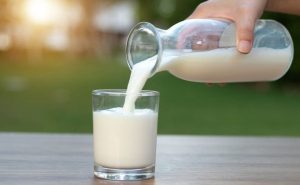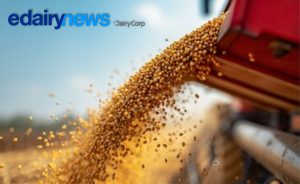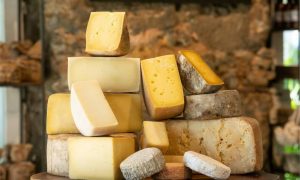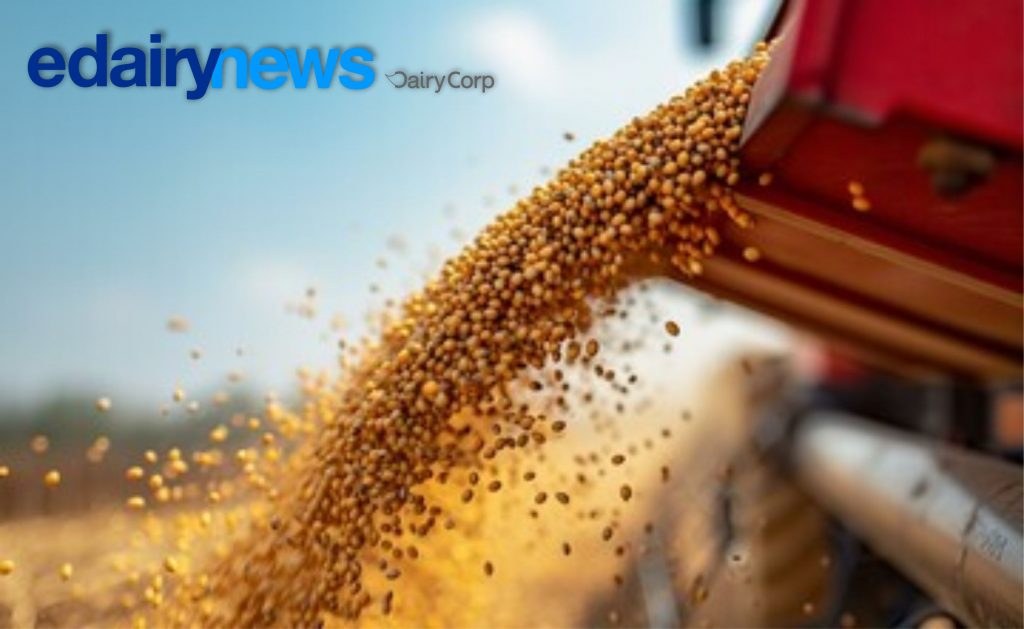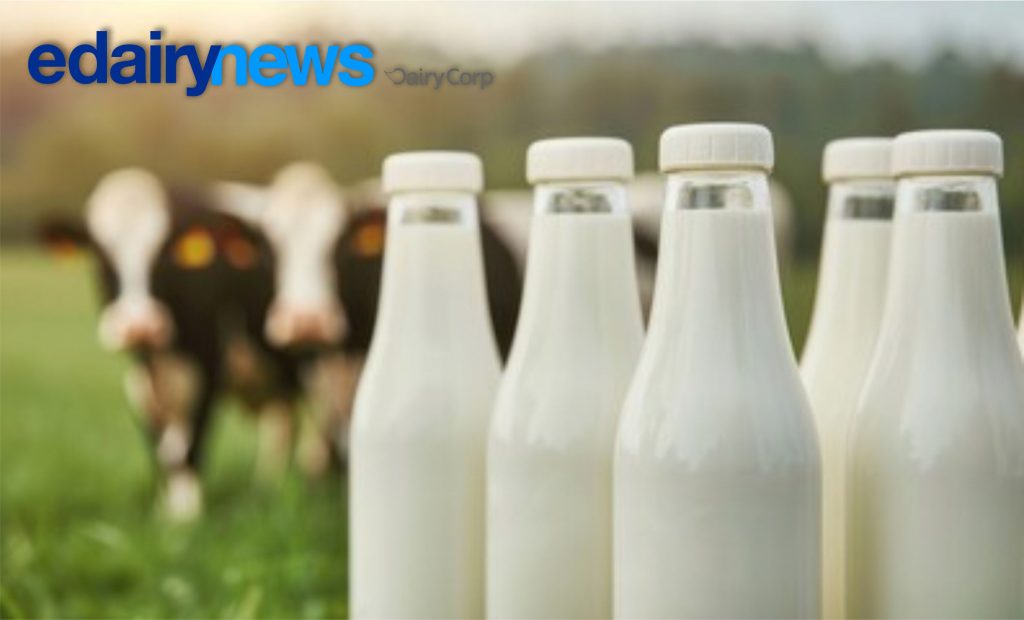Guernsey Dairy said milk sales had declined “consistently” over the past 10 years, causing supply to outweigh demand.
Its new business plan outlines a new marketing strategy and £125,000 of cuts by 2021 as key priorities.
It said the rising popularity of plant-based alternatives was partly responsible for a fall in milk sales.
Guernsey Dairy hopes some of the savings will help to fund the proposed refurbishment of its site or a new facility.
More than half of the island’s 15,250 vergées of agricultural land is used by the 13 dairy farms.
The report explains how Guernsey Dairy is “obliged” to take all suitable milk from its farmers, totalling eight million litres on average each year.
However, only seven million is needed to align sales with production, prompting directors to “develop and agree a strategy with farms to reduce raw milk production”.
It said the process would be completed “over a number of years” to create a “financially sustainable” industry.
A marketing strategy would aim to “improve” messages about the industry by focusing on possible health benefits and its environmental efforts, the report said.
It would also seek to ensure all of its farms reached the RSPCA “Farm Assured” standard, awarded to those who engaged in “the very highest levels of animal welfare”.
Guernsey Dairy said the rising popularity of plant-based alternatives was partly responsible – “among other factors” – for its decline in milk sales.
Further changes to combat the losses included increasing the price of exported products, and investing in new equipment to produce “quick-win” savings.
General manager Andrew Tabel said: “Our primary aim is to ensure the dairy continues to act as an economic enabler to dairy farmers, preserve the Guernsey countryside, its traditional farming heritage and protect the iconic Guernsey cattle breed.”

